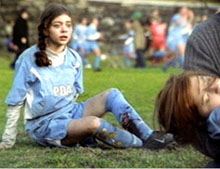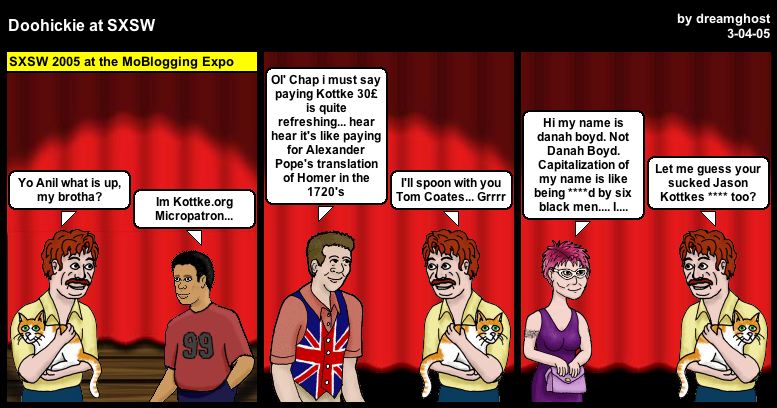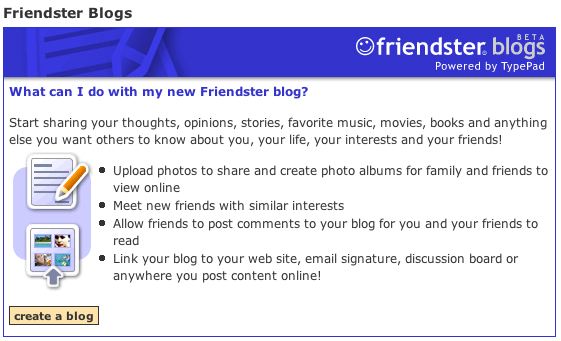I got the phone call late afternoon yesterday and felt my heart warm. I did the practical things i promised to do in response and then sat down in my office and let the tears drip down my face – tears of relief, of joy, of love.
The worries began many months ago and Google is the perfect tool for the intermittent hypochondriac. I had been prepared for the worst but when all began to unfold, i found myself overjoyed that it had an explanation at all. As the weight of the situation began to press down, i found that i could stand firmly on my feet, balanced, grounded. There was only one caveat – i could not deal with anything minor whatsoever. Meowing cats, laundry, the smog check people, people who couldn’t understand, couldn’t know. I fell out of my usual habits, partially by necessity and with that came the loss of many connections.
I don’t know if i was ever truly afraid – i had confidence; we had confidence. And we fed off of each other. We giggled over the practicalities, brought out our inner children, joked about Smurfs and found fascination in every scientific detail. I relished those phone calls. I stopped being able to distinguish if i was performing OK or just was OK. People worried about me, bless their hearts, and i tried to assuage their concern, whether or not they believed me. I guess it doesn’t really matter – in my heart, i started believing my performance.
So when that phone call came, i got to feel the weight as it melted down my cheeks, got to see just how much i’d been carrying around. Relief is a precious feeling, a tool of joy and love. The clouds have only begun to pass – it will be many months until a clear sky is truly visible. And i don’t know if things will ever be the same. Priorities become objects for inspection, as do habits. But in the meantime, i want to keep building on our childlike play.
 A U.N. commercial depicts American girls playing in a soccer match. A girl steps on a landmine and there’s a big explosion. Kids get blown apart. CNN and other networks don’t want to air the ad.
A U.N. commercial depicts American girls playing in a soccer match. A girl steps on a landmine and there’s a big explosion. Kids get blown apart. CNN and other networks don’t want to air the ad.

